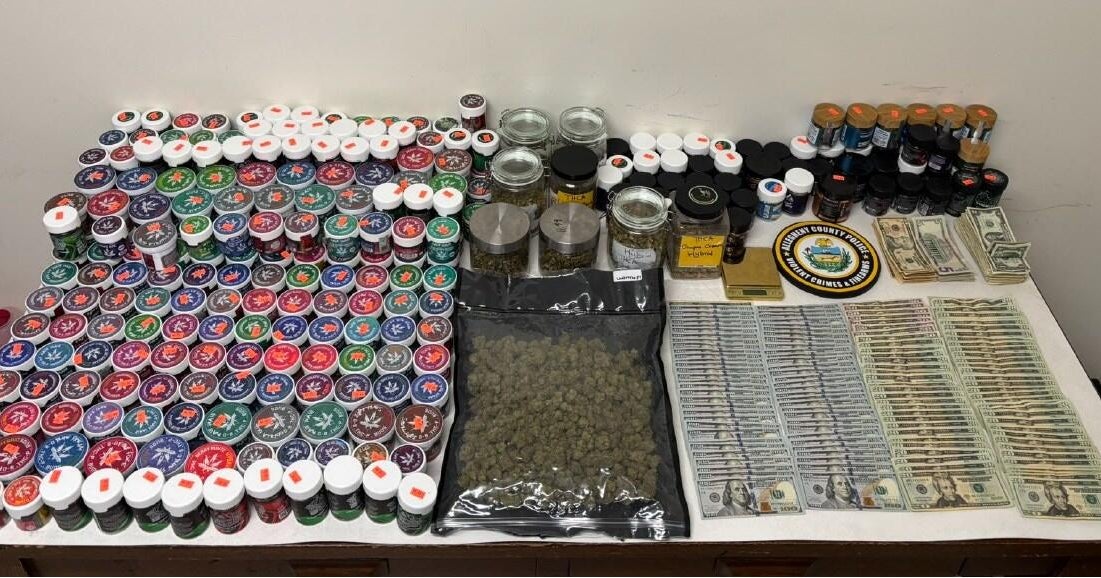Most Lawmakers, Residents Eager To See What Legalized Marijuana Does For New York's COVID-Stricken Economy
NEW YORK (CBSNewYork) -- Lawmakers could pass legislation as soon as next week, legalizing recreational marijuana.
The deal paves the way for a multi-billion dollar industry, with some revenue being reinvested into minority communities, CBS2's Dave Carlin reported Thursday.
The state expects to light up its economy with this controversial industry, worth a potential $4.2 billion.
In terms of state sales tax revenue alone, New York stands to rake in about $350 million per year, with a 13% tax divvied up 9% for the state and 4% for local governments.
READ MORE: Sources: Deal Reached To Legalize Marijuana In New York
At the retail store Weed World near Times Square, the plan is for currently legal hemp, CBD and other products to be joined by sales and deliveries of recreational marijuana.
"It releases stress, gets people off medications that they are not supposed to be on. I think it's a positive thing for New York," Deer Park resident Mike Guida said.
"For me, personally, I do not agree with it," added Aerial Smith of University Heights in the Bronx.
New York becomes state number 15 allowing those 21 and older to legally have 3 ounces for personal use and a limited number of plants they grow at home.
READ MORE: Gov. Lamont Holds Roundtable Discussion On How To Regulate Recreational Marijuana In Connecticut
If officials in a city or town want to opt out, they can by choosing to keep sales and deliveries of recreational marijuana illegal in their jurisdictions, Carlin reported.
"The downsides over time may outweigh any benefit they might get from tax revenue," Mount Pleasant Police Chief Paul Oliva said.
Oliva predicts trouble with enforcement.
"There's currently no definitive test to tell a level of intoxication of a person," Oliva said.
But others hail the job creation and funding that comes with splitting the revenue as follows:
- 40% going to economic equity programs
- 40% for state education
- 20% for drug education
The final "yes" vote in Albany is expected within days, for a law that would take effect next year.







